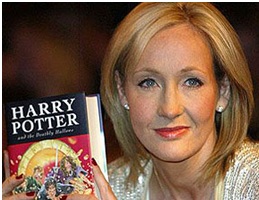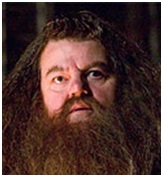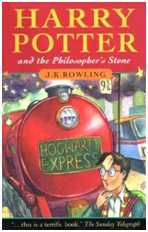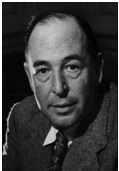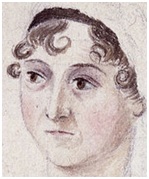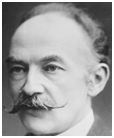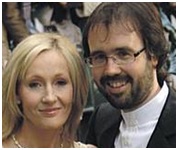|
 |
|
 |
|
|
||
J.K.Rowling - Creativity and Writing
J.K. (Joanne Kathleen) Rowling (1965- )
English writer (pictured right), famous for Harry Potter.
Her most famous books are... Her seven Harry Potter books that have sold over 400 million copies worldwide.
Why is she so creative?
1. Inspiration, learning and experience The idea of Harry Potter came to her suddenly in 1990 on a train journey from Manchester to London. Her ideas and characters (nearly 200 of them) came from her reading and experience:
She often gets good ideas doing something else like the washing up or going to the toilet!
2. Perspiration Rowling:
3. Originality The first book (Harry Potter and the Philosopher's Stone, pictured right) was so different from other children’s books of the time with:
Its Britishness also made it appealing, particularly in America. So she insisted on British actors in the movies and made sure they were true to the books. She believes in inventing new ideas not imitating other people’s work. 4. Love for customers Rowling (pictured right in 2010):
“The greatest reward is the enthusiasm of the readers”, she says. Rowling:
“It is our choices that show what we truly are far more than our abilities”, Dumbledore tells Harry.
5. Imagination Her wonderfully imaginative ideas come from:
She makes fantasy seem real.
6. Purpose and pursuit of excellence Her only ambition has to been to be a writer, and the only thing that stopped her was her fear of failure and disappointment. Ironically, her poverty in Edinburgh, with Jessica as a single parent, encouraged her to write, because she had so little to lose. She has always wanted to:
As a regular church goer, she also finds spiritual purpose from her Christian faith. 7. Continuous learning She learns from:
Influential books were:
8. Luck and determination Rowling:
Her death inspired the mirror of the Erised, showing the desire you want most like seeing your mother again.
9. Enjoyment She has loved writing, ever since the age of six, when she wrote a book about a rabbit called Rabbit! 10. Planning Rowling (pictured right with her husband, Neil) planned all the seven Potter books in advance, and she wrote the last chapter of the last book in 1993.
11. Money Her incredible wealth has been the result of her creativity rather than the cause of it. Although money isn’t an important motivator for her, it has sometimes helped her writing. She bought an expensive ring to get her writing Goblet of Fire again after the shock of a newspaper story by her Portuguese ex-husband. Reflecting on her previous jobs including one at the charity, Amnesty International, she says: “I was happier as an impoverished and unpublished writer than I have been as a solvent and mediocre executive”
12. Happiness through suffering Despite her success, she believes in the Buddhist idea that life is suffering, because all of the problems she has had. But they have strengthened her character and made her a better person and writer. These are her tips for happiness:
Key quote on peace of mind Self-worth is about finding out what you do best and working hard at it.
Key quote on change We do not need magic to change the world, we carry all the power we need inside ourselves already: we have the power to imagine better.
Key quotes on writing Imagination is not only the uniquely human capacity to envision that which is not...it is the power that enables us to empathize with humans whose experiences we have never shared. If you’re writing about evil, you genuinely have a responsibility to show what that means.
Key quote on careers Find the work in which you can give of your best. |
|
|
||
|
|
||
| Copyright © wisdomtowin.com 2025 All Rights Reserved | ||
|


